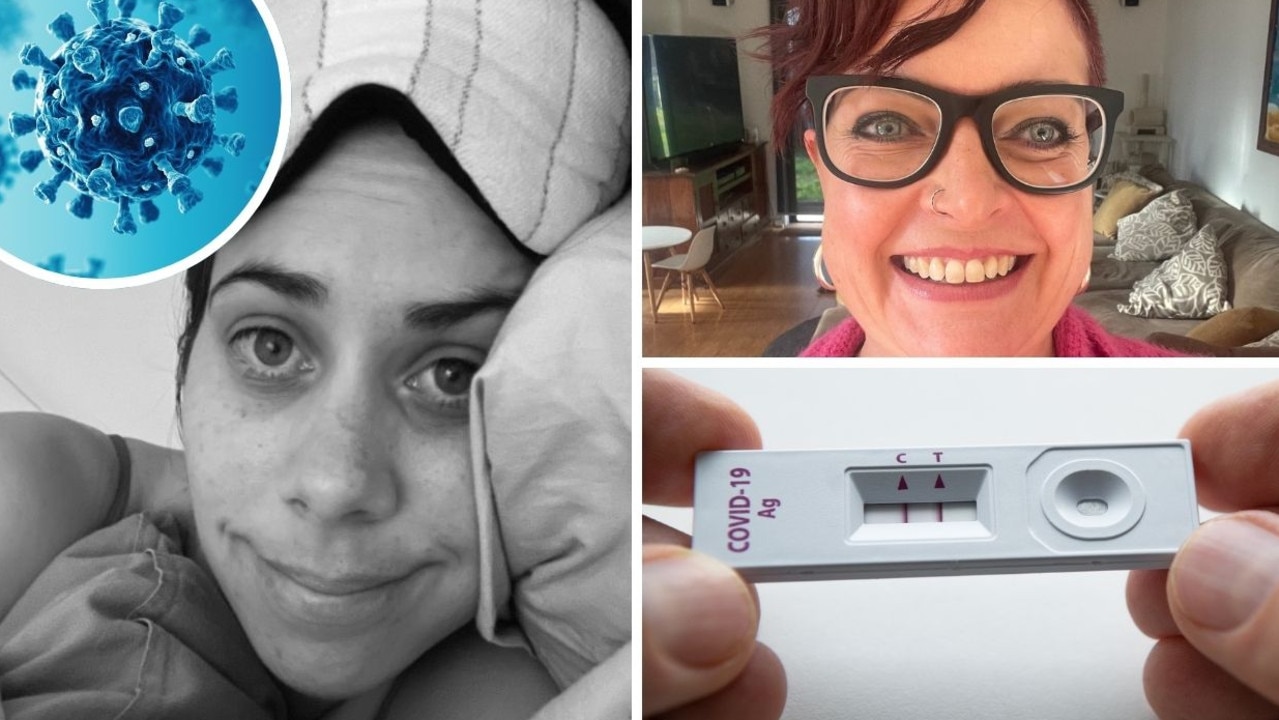Experts unite to help get Aussies vaccinated against Covid-19
Some of Australia’s leading scientific experts are uniting to send Australians a vital message that could help bring the coronavirus crisis to an end.

Coronavirus
Don't miss out on the headlines from Coronavirus. Followed categories will be added to My News.
Exclusive: Australia’s brightest scientific minds have joined forces to urge Australians to get vaccinated, arguing Covid is more insidious than the rare side effects attached to some of our vaccines.
The Australian Academy of Science will launch a public campaign today backed by the Department of Health, to demystify the risks of the vaccines as Australia is yet again plunged into crisis with the Delta strain out of control in Sydney and state borders are slammed shut.
Their desperate plea comes as figures show just one in three Australians over the age of 16 have had a first dose of a vaccine and only 11 per cent have had two jabs. The lockdowns and chaos being caused by the virus will only end once more than eight in ten Australians get vaccinated.
Poor supply of the Pfizer vaccine which is recommended for those under 60 is part of the problem but hundreds of thousands of Australians who are eligible for the AstraZeneca jab – of which there is an oversupply – have still not taken it up.
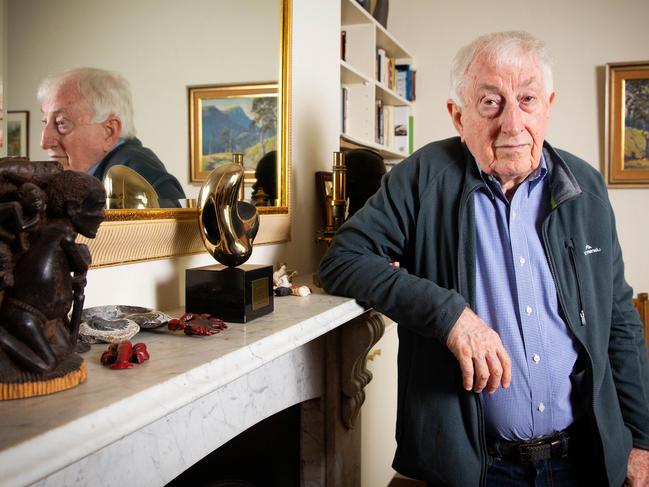
The only way to stop the havoc being wreaked by the Covid-19 virus is if Australians get vaccinated - that’s why News Corp Australia today is launching a campaign to help you understand why getting the jab will not only protect you and your loved ones but save jobs and the nation.
The message from Australian Academy of Science member and Nobel prize recipient Professor Peter Doherty, who has helped lead Australia’s fight against Covid, is clear: “Go and get the vaccine. There’s nothing to be afraid of”.
“They’ve been well tested. They’ve been given to millions of people now. The more people are vaccinated, the less we’ll need to lockdown,” Prof Doherty said.
Like Prof Doherty, Professor Ian Frazer has had the AstraZeneca jab, and said he is due for his second shot in 10 days’ time.
“If you’ve not been vaccinated, then you will be at risk just the same as if there had been no vaccine program,” Prof Frazer said.
“It is really important that people understand that by waiting for everybody else to get vaccinated they’re putting themselves in significant risk”.
President of the Australian Academy of Science, Professor John Shine has also had the AstraZeneca vaccine.
“Australians can be confident vaccinated individuals will be protected from the worst of COVID-19.” he said.
Nobel prize winner and Australian National University Vice Chancellor Professor Brian Schmidt suffered a blood clot scare after his AstraZeneca jab but he’s still fronting up for the second shot.
“I had a spiking headache and fever, which is one of the things that is associated with a blood clot so they wanted me to just be sure to go in and get tested, which I did. And, as they did the test they immediately knew I did not have blood clots,” the 54-year-old revealed.
“I’m glad I got the shot. I know what people my age are like when they get Covid and it’s terrible.”
“Covid is going to be endemic, which means it’s just going to be part of life, and you will not be able to avoid it. The reality is you’re either going to get vaccinated, or you’re going to get Covid,” he said.
Many Australians aged under 60 still do not realise they can have the AstraZeneca jab but need to talk through the risks with the doctor.
To help educate Australians and put an end to the mixed-messaging, the Academy has produced a series of videos and articles to guide people through the decision making process.
They point out that human brains use mental shortcuts to help with quick decision making but these can skew our perception of how risky an activity is.
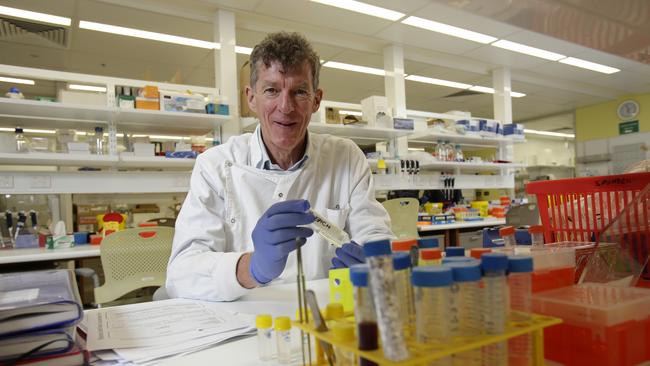
We often over estimate the chances that a rare but serious side effect might occur.
Another mind trick that can get in the way of good decision making is wanting to avoid a sense of regret.
People who fear making the wrong choice may decide not to make a decision at all, the scientists explained
They may be more willing to accept an outcome that is the result of doing nothing -for example catching Covid-19 – than risk the consequence of making a decision to get the vaccine and experiencing severe side effects like blood clots.
The Australian Academy of Science has broken down the complex scientific information to help Australians to properly weigh up the evidence of the risks of getting a vaccine against the benefits it offers them in preventing severe disease.
The new videos and articles provide credible information on COVID-19 vaccines, critical to equip the community to make informed healthcare decisions and reject harmful misinformation,” the Academy said.
The risks of vaccination include suffering pain at the injection site, headaches, fatigue or feeling flu like symptoms.
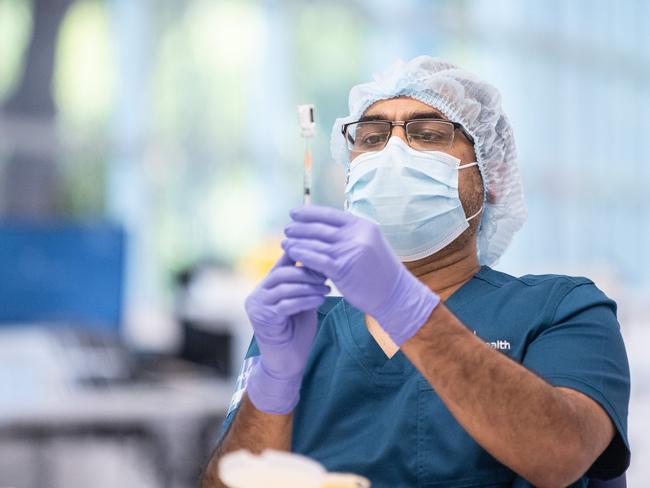
“This is normal and indicates the vaccine is working and in a group of 100,000 people we would expect just under 50,000 people to experience side effects,” the scientists said.
One or two people in every 100,000 who have the AstraZeneca vaccine will experience a severe complication like TTS – the rare blood clotting syndrome which is slightly more common in people aged under 60.
More than five million Australians have had the AstraZeneca vaccine and four have died from clotting problems.
Doctors now have a better understanding of the condition, so the chances of recovery are higher, the Academy document lays out.
Murdoch Children’s Research Institute paediatrician and vaccine expert Margie Danchin, who helped write the explainer, puts that in perspective.
“For example, the risk of death from asprin is 15 per 100,000, which is a risk that a lot of people take daily,” she said.
“We do need to frame this decision around the fact that all medications and vaccines have a degree of risk,” she said.
The risks from the vaccines must be balanced against the risks of getting Covid-19.
Age and many pre-existing health conditions such as diabetes, obesity, heart or lung conditions, chronic inflammatory conditions or having an immune deficiency, and other factors can increase your risk of becoming severely ill or dying from Covid-19
People who become severely ill have a greater risk of dying from Covid-19 or experiencing permanent disability if they recover.
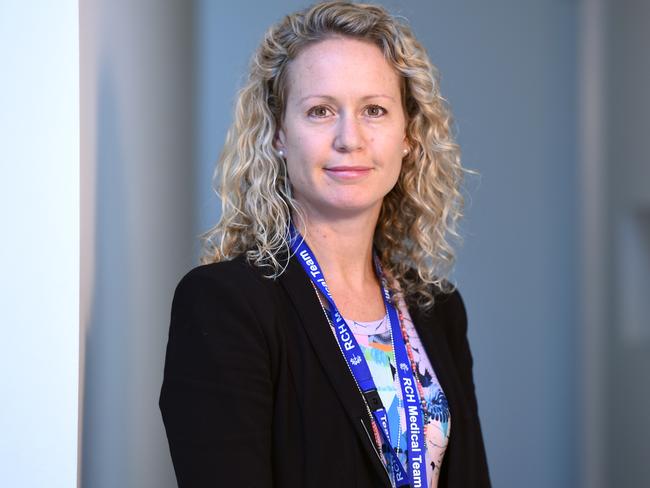
Around one in three people who do recover from Covid-19 experience ongoing symptoms of long Covid such as chronic fatigue, shortness of breath, muscle pain, and neurological problems for three months or more.
The benefits of getting vaccinated are you are less likely to get Covid-19 and even if you do catch it you are more likely to recover, the scientists said.
The other benefit when you get vaccinated is you not only protect yourself but also those around you.
Even if you are fit and healthy you might pass the virus on to a more vulnerable person such as an elderly parent, or friend undergoing chemotherapy.
“As more people get vaccinated, everyone is better protected against future outbreaks,” the Academy said.




